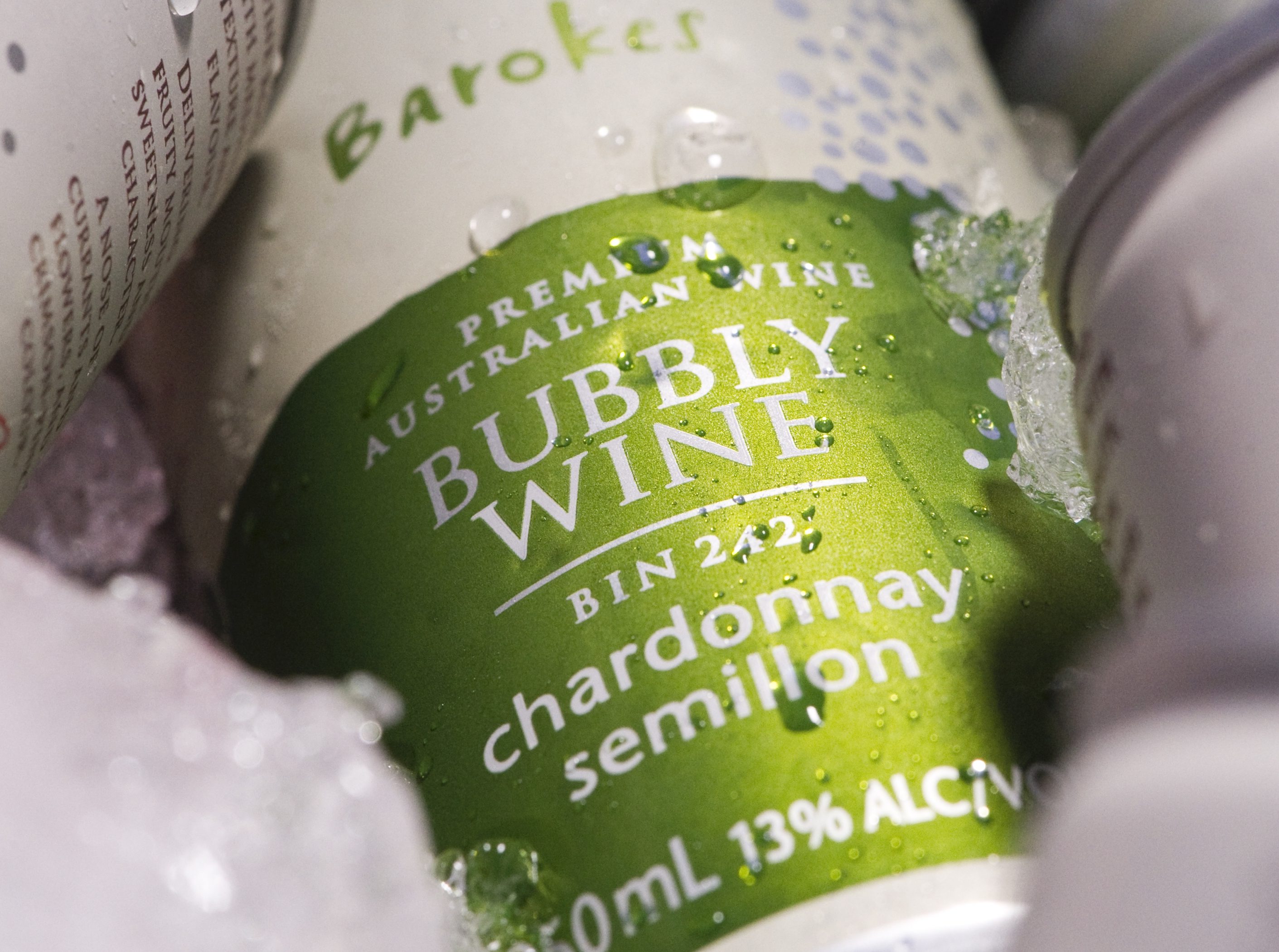
Following a five-year battle in the Supreme Court of Victoria between Barokes’ minority shareholders (the pioneers of wine in can globally) and its Japanese shareholder Daiwa Can Company, the Barokes business and assets are now back in the hands of the Australian inventors.
On 7 June the Barokes business and assets, including its globally patented Vinsafe (wine in a can) technology, trademarks, intellectual property etc. were successfully purchased by Barokes’ executive management team via Intelligent Packaging Pty Ltd (trading as Barokes Wines), an Australian company primarily owned by Greg and Irene Stokes and Steve Barics.
Greg Stokes and Steve Barics are the inventors of the global solution to the many issues surrounding packaging wine in a can since 1936 (the Vinsafe technology), while Irene Stokes has been the sales and marketing director at Barokes since 2005.
The Barokes business and its coveted intellectual property, valued by BNP Paribas in 2011 in excess of €130 million, is now 100 percent Australian owned.
Barokes Wines CEO Greg Stokes said, “As a little Aussie battler fighting against a huge multinational Japanese corporation it has certainly been a monumental David and Goliath battle spanning five years which saw us having to put everything on the line to retain a business and technology we have spent the past two decades inventing and developing globally. We are delighted to have the business back and to be the masters of our own destiny.
“The wine in a can category is the fastest growing wine category at present, and Barokes is the globally recognised pioneer. We have big plans for the future which we are now free to pursue. This new category that Barokes created and was the first to successfully patent and commercialise globally is tipped to be bigger than the wine cask (another great Australian invention).”
The Vinsafe technology is the only globally patented and time proven integrated technology system for successfully canning wine which can maintain both the wines’ integrity (colour, aroma, taste as intended by the winemaker) and the can itself (including its lining). This provides product stability and transportability without refrigeration around the world.
Barokes Wines know everything there is to know about wine in a can thanks to comprehensive R&D, ‘know‐how’, intellectual property and experience gained over the past two decades. Since the mid‐nineties a vast technical library of information including chemical analysis, wine varietal testing, blends, vintages, linings, cans and filling techniques has been compiled, as well as library stock of wines from the 1990s onwards in cans. This is a wealth of ‘hands on’ actual knowledge that others in the industry have acknowledged placed Barokes at least 10 years ahead of the curve and in the best position to know more about wine in a can and its production requirements than most of the industry globally.
Barokes sales and marketing director, Irene Stokes said, “Now that we are free of our shareholder issues we can focus on the business. This has meant new product customers in China, the Philippines, Canada, India and a number of South American markets. Additionally, the licencing arm of our business is doing well as reputable wine producers concerned about wasting their precious wine or risking their brands, seek to use our Vinsafe technology to produce quality wine in a can products for consumers under their own labels. We have Vinsafe accredited can manufacturers and fillers in place in Australia and New Zealand and are fielding numerous enquiries from around the world by others wishing to enter the wine in a can category by becoming accredited Vinsafe suppliers.”
The significant growth of the wine in a can category in the USA, valued this year at US$93 million, also provides significant opportunities for Barokes. Enquiries in the past 12 months from US wineries and fillers has increased significantly as canned wine products produced in the US appear to be suffering a myriad of quality, stability and other serious issues such as product inconsistency, short shelf life (3‐4 months), adverse wine and lining integration and excess aluminium uptake into the wine, which in some cases has resulted in complete product recalls.
Irene said, “Wine in a can producers in the US and Canada are demanding a solution to these very serious issues that negatively impact on their products and the long term sustainability of the wine in a can market, and are looking to our Vinsafe technology to effectively address all these issues and provide a safe and integrally stable product with a shelf life in excess of 12 months.
“Driven by demand, Barokes is now exporting Vinsafe cans from Australia into North America as the first step into this market to assist winemakers and fillers. Our Vinsafe cans have a guaranteed shelf life of 12 months and we work with wineries to prepare their wines so that they are suitable for canning. Ideally, Vinsafe cans would be filled at an accredited Vinsafe filling facility, however, even if they are not, utilising two thirds of the Vinsafe system (can and wine specifications) will ensure a far better outcome for wine in a can producers than what is currently on offer in that region at present.
“Vinsafe customers in the US, UK, Europe and around the world, will obtain a minimum shelf life of 12 months and will also be able to export their canned wine products and gain access into Vinsafe patented markets. No other can supplier can offer this to their wine customers at present. The Vinsafe logo is printed on all Vinsafe cans to allow consumers to have confidence in the products they are consuming from a can. Vinsafe = safe Vin (wine) in a can.”
Feedback from wineries and fillers in the US also suggests that the BPA free/BPA‐NI or Polyester lined cans currently being used in North America do not work very well for wine. It seems that from one generation to the next the thinking appears merely to increase the thickness of the lacquer in the can to deal with these many serious issues. This approach can trigger a range of further issues including wine interacting with the lining, lining breakdown, fissures, cracking and delamination, all of which are very serious issues which impact on the wines’ integrity in the can and the can itself resulting in the very short unstable product shelf life of 3‐4 months. As Vinsafe is an integrated system which incorporates the wine, can liner and filling process, it is not as reliant on the can lining which is only one component rather than the whole solution.
With a continuous focus on R&D and an holistic science based approach to tackling complex packaging issues, Barokes has recently invented a new technology (Generation 3) which focuses on solving the many issues associated not only with wine in a can but is also the first natural intelligent interactive packaging system that extends product shelf life whilst also reducing the use of added preservatives in a large range of consumable goods (including beverage, food, pharmaceuticals, cosmetics etc) across the packaging spectrum (metals, plastics, glass etc.).
Once again ahead of the packaging curve, confidential trials and testing undertaken to date prove that this new technology works to extend shelf life whilst reducing the use of chemical preservatives and can also address the current BPA issues across various packaging formats. This Generation 3 packaging system will see a paradigm shift as the package becomes a dynamic component of this intelligent interactive delivery system, not just a container to store and transport goods.
With patents already granted globally, including Australia, Europe, China and five to date in the USA alone, this Generation 3 technology is expected to revolutionise the packaging of most consumable goods in the same way that Generation 1 (Vinsafe) created an entirely new global product category for wine (wine in a can).




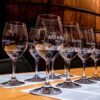


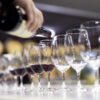
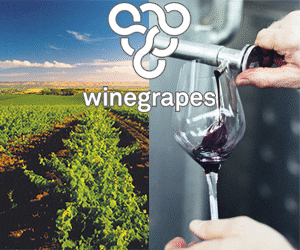
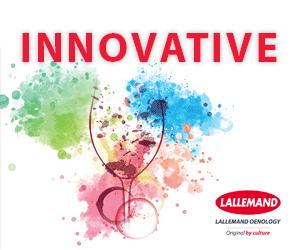
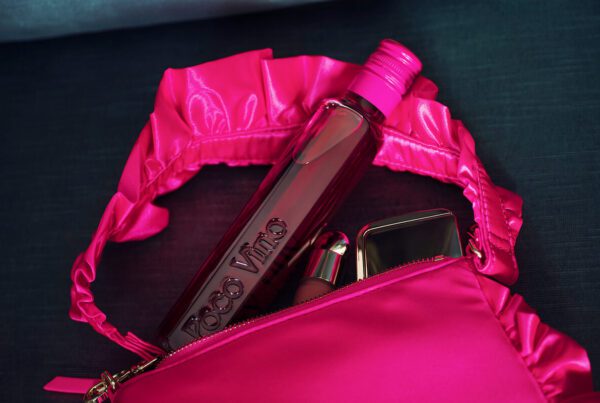
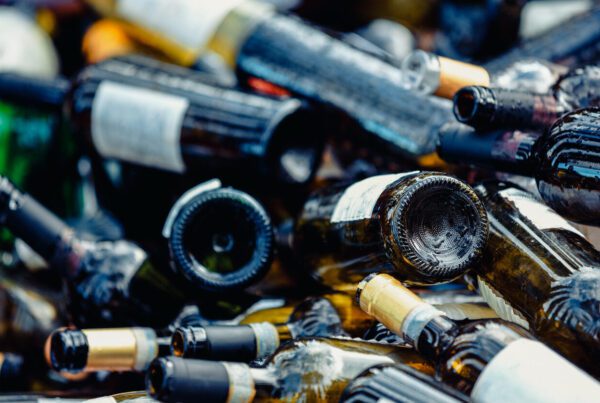

Recent Comments